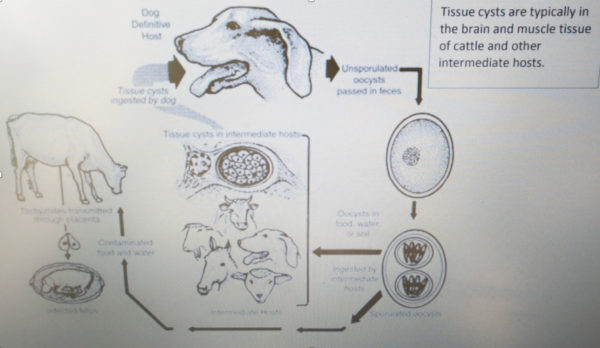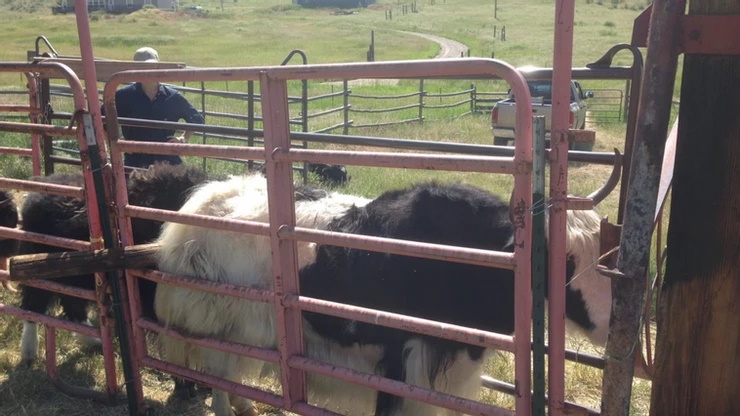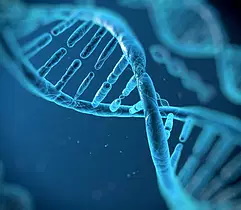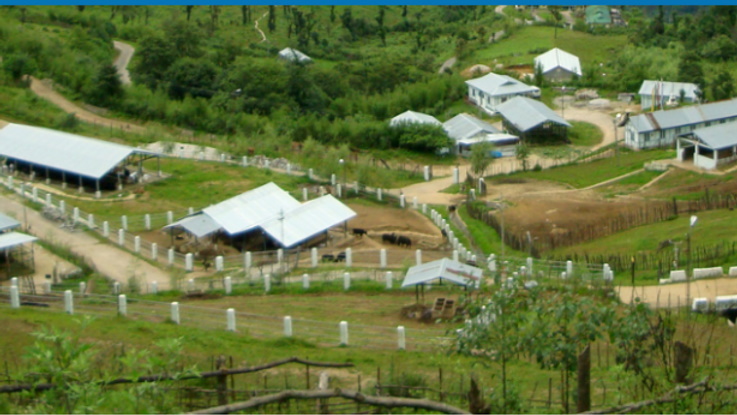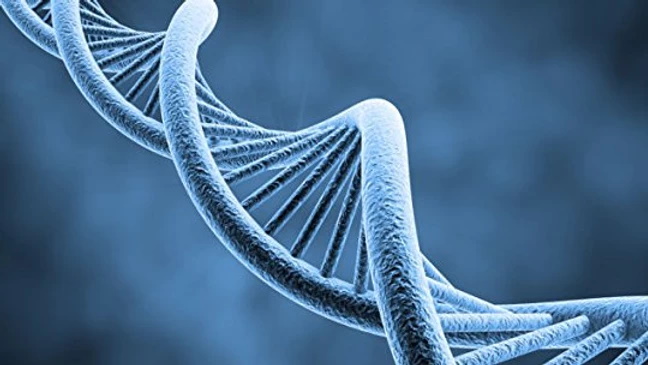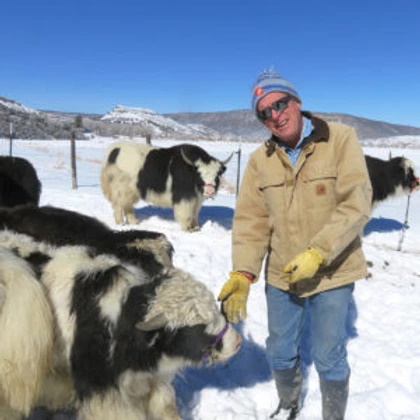Cow Turns up open
When a cow is called “pregnant” but turns up “open”- Could Neospora caninum be to Blame?
Dr. Michelle Arnold, DVM (UK Ruminant Veterinarian, US YAKS Science and Health Committees
“Neosporosis” is caused by a single celled protozoan parasite called Neospora caninum and is a major cause of abortion and weak calves in

